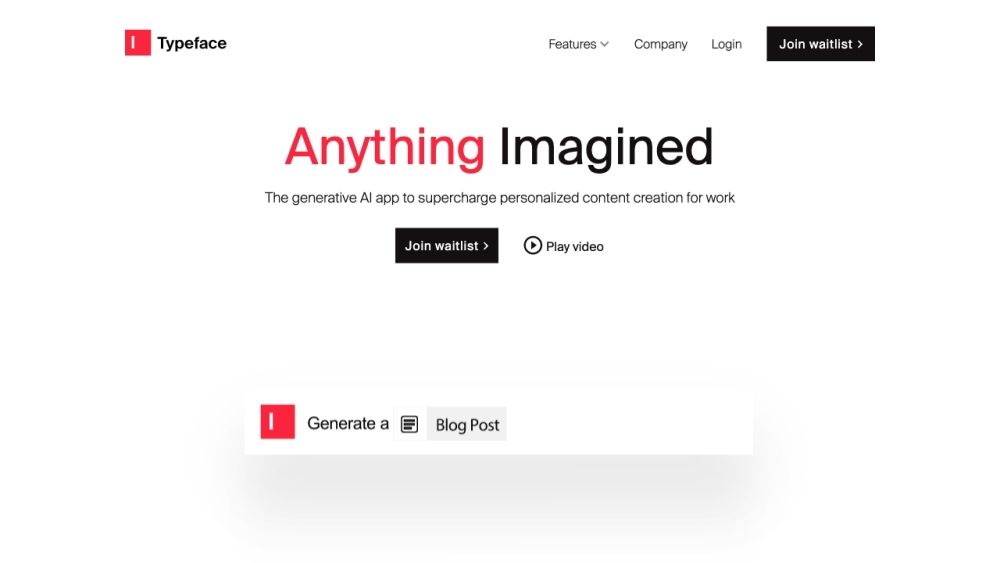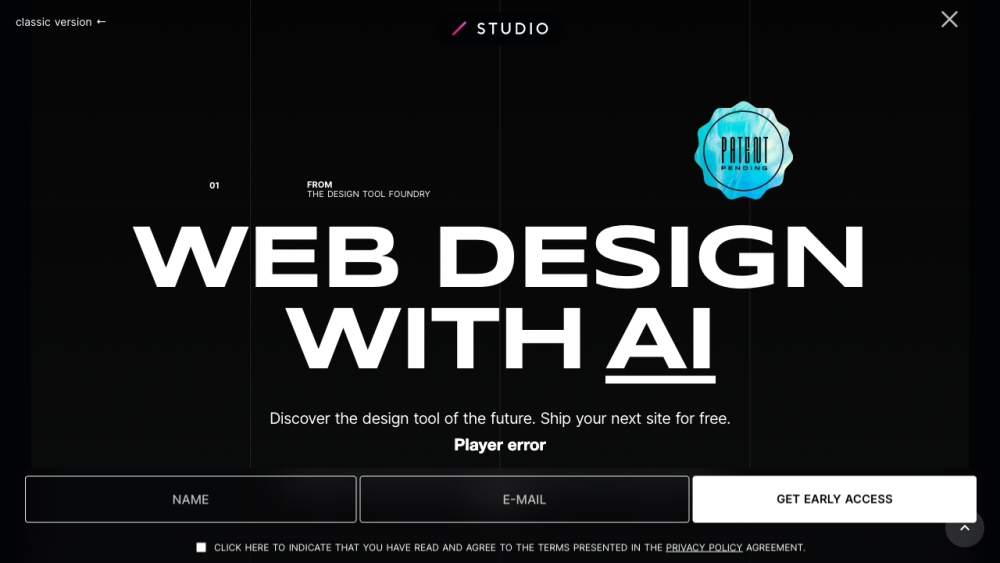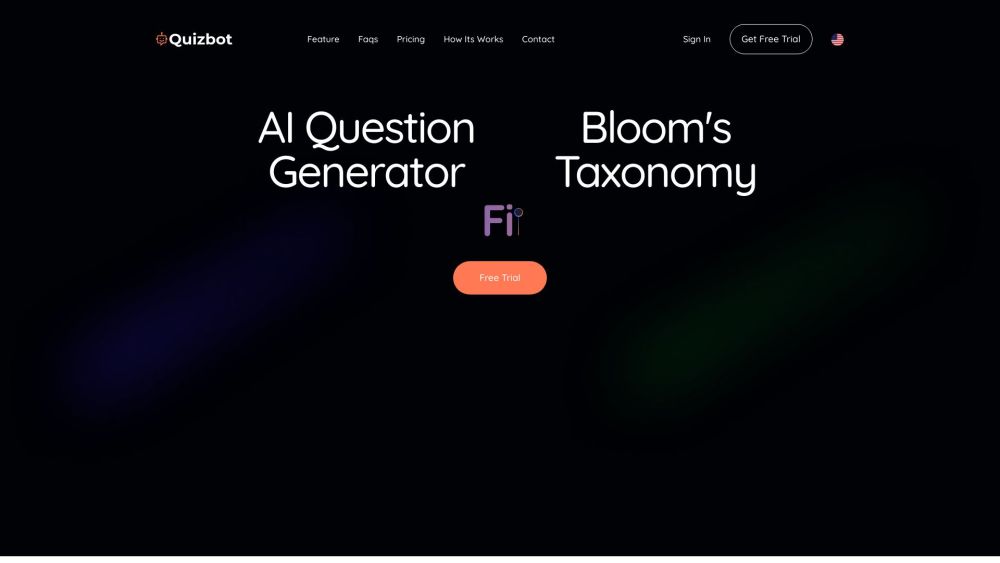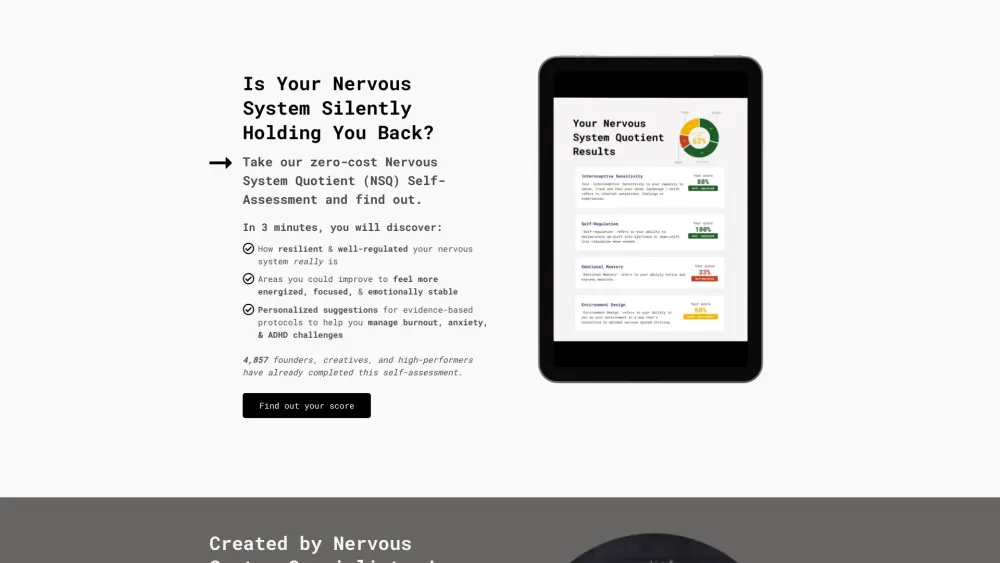UK Supreme Court Rules AI Cannot Be Patent Inventor: 'Natural Person' Required for Patent Attribution
Most people like

Unlocking the power of generative AI allows businesses to swiftly produce high-quality, on-brand content that stands out in today's competitive landscape.

Discover an innovative web design tool powered by advanced technology that seamlessly converts your designs into fully functional websites.

Revolutionize your question creation process with our advanced AI tool designed to generate high-quality questions effortlessly. Ideal for educators, trainers, and content creators, this innovative solution streamlines your workflow while enhancing engagement and understanding. Discover how our cutting-edge technology can transform your approach to generating insightful, thought-provoking questions.
Find AI tools in YBX
Related Articles
Refresh Articles

